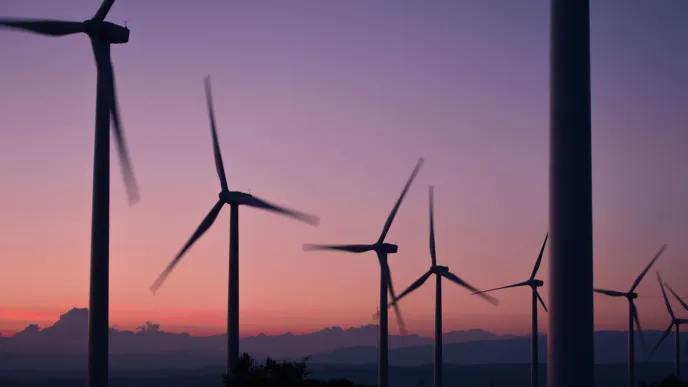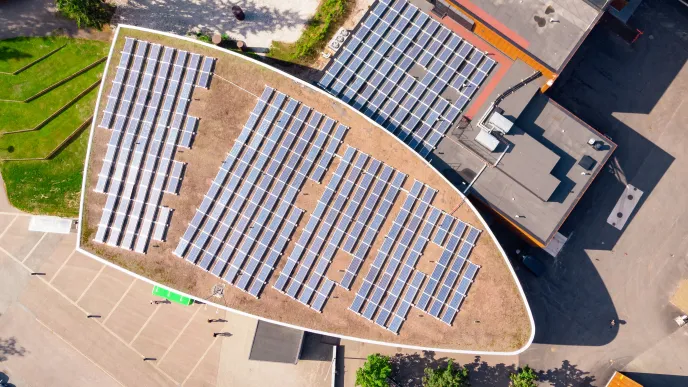LUT headed a feasibility study on an industrial-scale P2X-pilot plant for synthetic fuels in Joutseno, Finland. The study started in late 2019 and ended in April 2021. The plant would produce synthetic methanol from recovered industrial carbon dioxide and hydrogen emissions. The methanol could be further refined into carbon-neutral transport fuels.
The researchers and corporate representatives involved in the study consider that the possibilities for establishing such a plant are good. Dean Olli Pyrhönen, LUT School of Energy Systems, says that synthetic methanol provides a great opportunity for the decarbonization of Finnish transport and industrial production – that is, detaching them from fossil energy sources.
"The energy content of methanol is based on hydrogen, which could be characterized as modern, emission-free crude oil. It can substitute for many fossil raw materials. Nothing prevents us from decarbonizing the entire industrial sector – the technology already exists," says Pyrhönen, who headed the study.
Such a plant would be significant not only for Finland's climate targets but also the national economy.
"We absolutely need a pilot plant to eliminate the risks of large-scale production that utilizes the carbon dioxide from Finnish industry emissions. Meanwhile, it would also allow us to further develop high-technology expertise in this area – it has great export potential," Pyrhönen continues.
The production of hydrogen is a considerable challenge
Many of the companies involved considered the production process and further processing of methanol particularly interesting.
"We already have a lot of knowledge of the production processes of other hydrocarbons, but this study gave us further understanding of methanol's potential," says Alexander van der Made, Chief Scientist (Chemistry) at Shell.
The study focused on the production of transport fuel but also shed light on methanol's other potential advantages. "Thanks to this research, many companies can more accurately assess the possibilities that the so-called methanol route could open up in the chemical industry," Olli Pyrhönen states.
The energy company St1 points out that the needed investments would be profitable only if legislation is adjusted.
"We already have the technology for such a plant. The problem is that the legislation in the EU and Finland do not recognize fuel from excess hydrogen as renewable. If we built the plant, the product would have to be sold at the price of fossil fuel," says St1's Timo Huhtisaari, Director, Sustainability & Future Business.
The production of hydrogen needed in the large-scale production of synthetic fuels is a considerable challenge – it requires a great deal of electricity.
"Hydrogen production is the most significant factor in the price of the end product, and we need research to bring the price down. A competitive price on renewable electricity will largely define how fast the hydrogen economy will advance," concludes Pyrhönen.
More information:

Alexander van der Made
Chief Scientist (Chemistry), Shell
Alexander.VanderMade@shell.com
Timo Huhtisaari
Director, Sustainability & Future Business
St1 Nordic Oy
+358 41 504 4694, timo.huhtisaari@st1.fi





